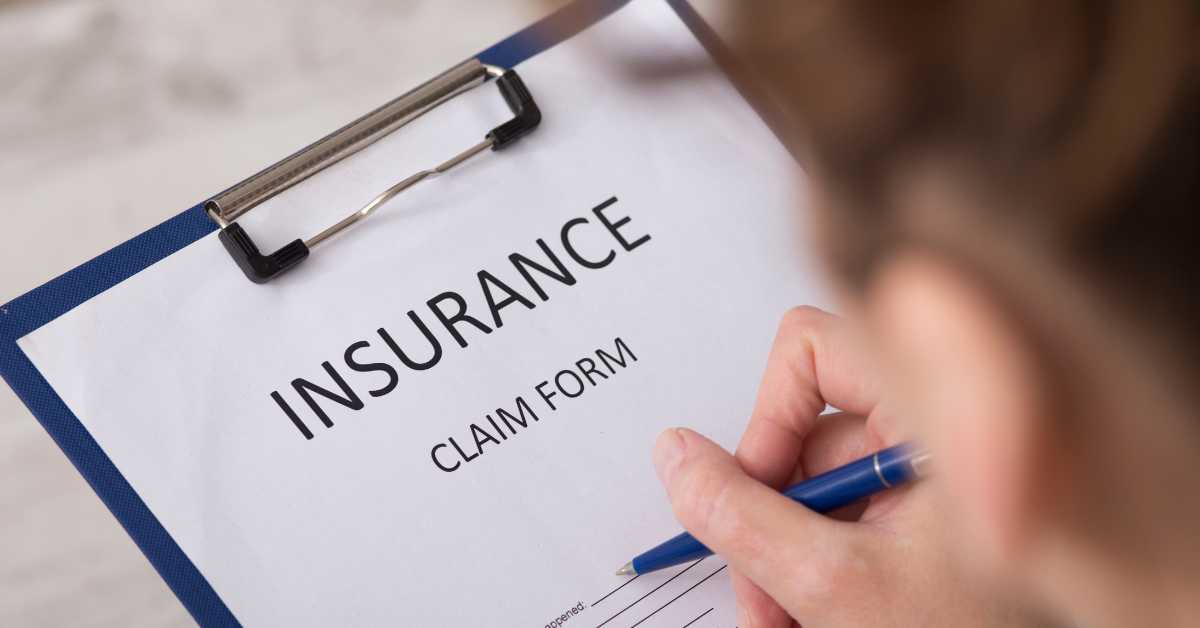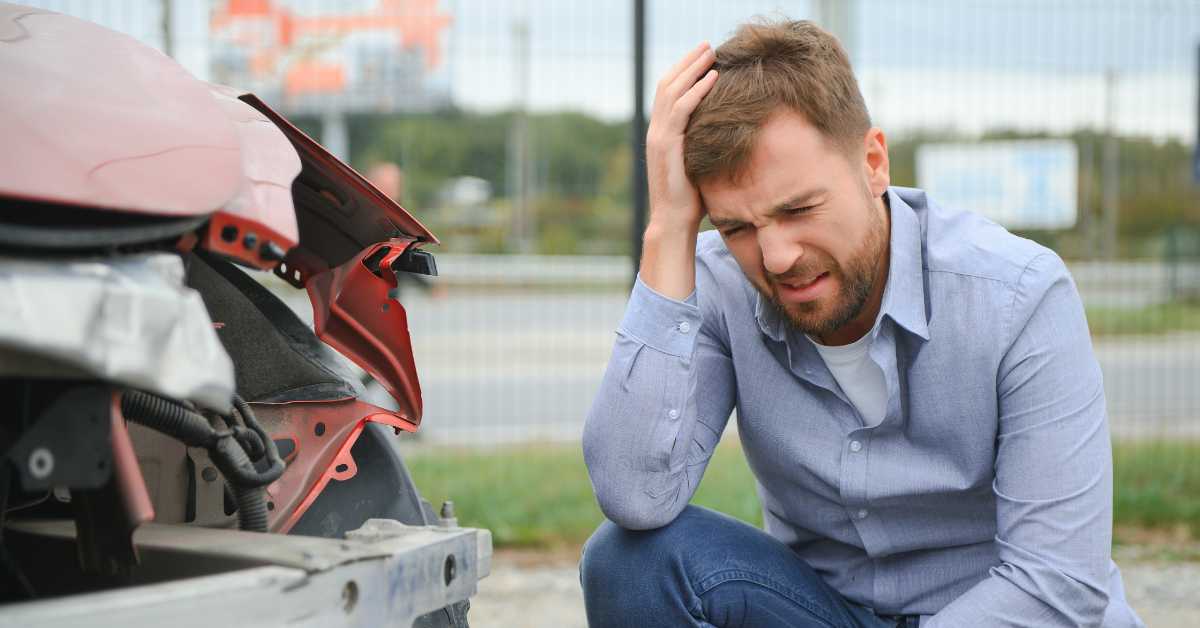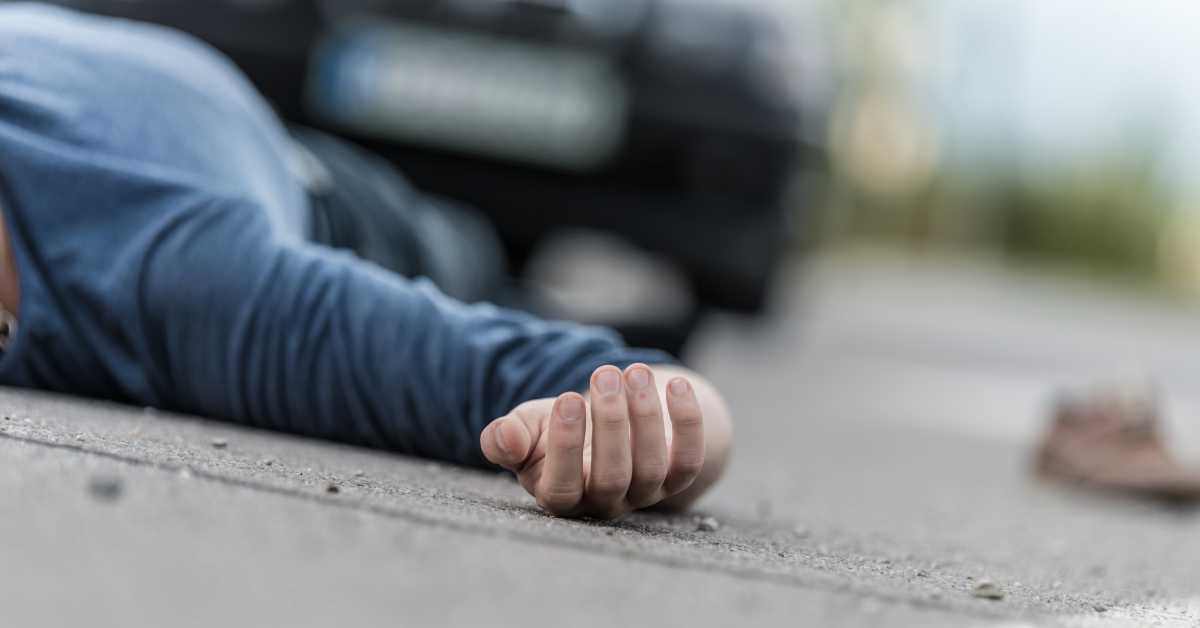How Social Media Can Affect Your Claim
After a car accident in Oklahoma City, life can feel uncertain. You may want to share your story online, thank friends for their support, or update loved ones about your recovery. But those posts can hurt your case more than you realize. Social media has become a powerful tool for insurance companies and defense lawyers to gather evidence against injury claims.
Even a simple comment or photo can be taken out of context. Something that feels harmless at the time could be twisted to question your honesty or the seriousness of your injuries. Once that happens, it can be difficult to undo the damage to your claim.
Common Ways Posts Can Undermine Your Case
Insurance adjusters and defense attorneys often look for any way to reduce or deny your compensation. One of their main strategies involves reviewing your social media accounts for inconsistencies. Some of the biggest mistakes include:
- Contradicting your statements: If your online comments don’t line up with your official accident report or your doctor’s notes, that inconsistency can be used to attack your credibility. Even casual remarks like “I’m fine” or posts showing you active can suggest your injuries are less severe than you say.
- Appearing to admit fault: A post like “I didn’t see him coming” or “I shouldn’t have driven that day” may sound harmless to friends, but in legal terms, it could be seen as an admission of fault.
- Showing physical activity: Pictures from a family barbecue, hike, or event can be used to argue that you’re not in pain or that your injuries have healed.
- Timeline issues: Posting photos or updates from the time of the crash might suggest that you were distracted or using your phone, even if that’s not true.
- Other people’s posts: Friends tagging you or mentioning you in posts can reveal information that works against your claim. You can’t control what others post, but those posts could still be brought into your case.
Social Media as Evidence in Oklahoma Courts
Under Oklahoma law, social media posts can be considered evidence as long as they’re relevant and can be verified. Even private messages or restricted posts aren’t completely safe. Courts may allow access to them if the opposing attorney can show they relate to your injuries or accident history.
Once retrieved, those posts can be used to highlight inconsistencies in your story or show activity that contradicts your claimed limitations. Oklahoma judges have broad discretion to decide what evidence is admissible, and that digital trail is often difficult to erase or explain away.
Privacy Settings Aren’t Enough
Many people believe setting their accounts to private will protect them, but that’s not the case. Insurance investigators are skilled at finding information—even from private accounts. They may look at tagged photos, use mutual connections, or request a court order to gain access to your posts if they are relevant to your claim.
Platforms like Facebook, Instagram, and X can all leave permanent records. Even if you delete content later, screenshots might already exist. Once something is online, it’s hard to control how far it spreads or who ultimately sees it.
How to Protect Your Case
The most effective approach is to limit or completely stop social media activity until your claim is resolved. Taking precautions early can save you from losing valuable compensation later. Here are some practical steps to take:
- Go quiet online: Consider taking a break from posting. If you do need to communicate with friends, use private texts or calls instead of social media.
- Check your privacy settings: Make sure your profiles are private, and avoid accepting new friend requests unless you personally know the person.
- Ask loved ones to help: Let them know not to post photos of you, tag you in updates, or discuss your injuries online.
- Avoid discussing your accident: Never share details about what happened, your injuries, or conversations with insurance companies.
- Speak with your attorney: A skilled Oklahoma City car accident lawyer can help you understand what is safe to post and what could create risks.
Why Staying Cautious Matters
Insurance companies aren’t just watching your medical reports and repair bills. They also track your digital footprint. They may search your accounts or even hire investigators to review your posts, looking for anything to question your suffering or suggest fault.
The same goes for defense lawyers in a personal injury lawsuit. They often subpoena social media content if they believe it can help their argument. What feels like a private conversation with friends could become a piece of evidence used against you.
Legal Insight from a Local Perspective
In Oklahoma City and surrounding communities, courts take authenticity seriously. If an opposing party can show that a photo or post relates to your physical or emotional state after the accident, it may be admitted into evidence. Even an emoji reaction or location tag can raise questions about your credibility.
Getting guidance early from a car accident attorney who understands Oklahoma law can make all the difference. They can file protective motions, handle discovery requests, and help you avoid potential pitfalls before they happen.
Building a Stronger Case With the Right Help
After an accident, your words matter—both in person and online. Working closely with a trusted lawyer ensures that every step you take supports your claim, not weakens it. From managing your communication with insurers to safeguarding your social media footprint, the right legal team helps you protect your rights and maximize your recovery.
If you or someone you love has been seriously injured in a car accident in Oklahoma City or nearby areas, don’t let social media hurt your case. Talk to someone who knows how to protect you from these hidden risks.
Call Bryan Garrett, PLLC
Attorney Bryan Garrett and his team offer compassionate, straightforward legal help for car accident victims across Oklahoma. Before posting another update, reach out for a free consultation. Call (405) 358-2342 or contact us online to discuss your case. Let our experience guide you toward the fair compensation you deserve.
FREQUENTLY ASKED QUESTIONS (FAQ):
Can social media posts be used as evidence in a car accident case?
Yes, under Oklahoma law, social media posts can be considered evidence if they are relevant and can be verified. This includes public, private, and even deleted posts, as screenshots or court orders can make them accessible.
What kind of social media posts can hurt my car accident claim?
Posts that contradict your statements, appear to admit fault, show physical activity inconsistent with your claimed injuries, or have timeline issues can all be used against you. Even posts from friends tagging you or mentioning you can be detrimental.
How can I protect my car accident case from social media pitfalls?
The most effective approach is to limit or stop social media activity until your claim is resolved. Make your profiles private, avoid accepting new friend requests from unknown individuals, ask loved ones not to post about your accident or injuries, and never discuss accident details online. Always consult with your attorney for guidance.


